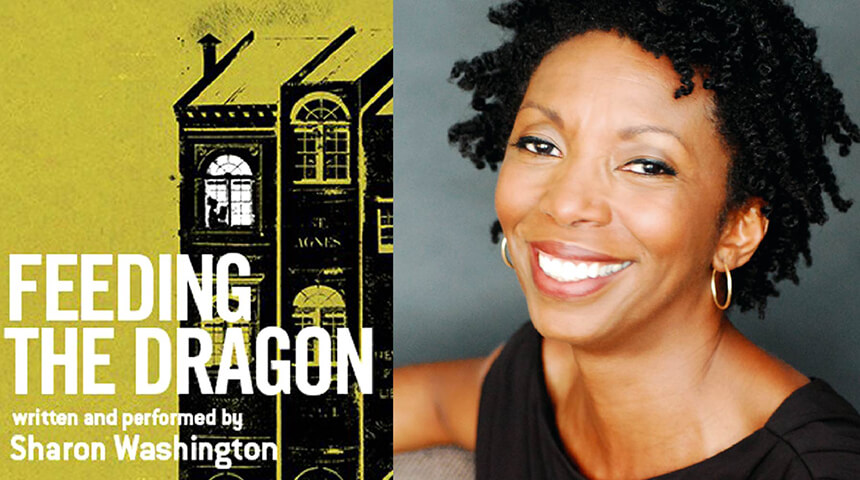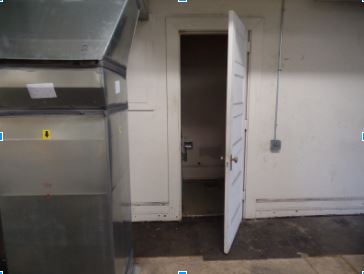
If you’re reading this blog, the idea of living in a library might strike you as sounding like a slightly modified childhood dream, or maybe a minor exaggeration of your college finals week memories, and in any case, probably outside of the realm of what you would think of as a possible way to live.
To a small number of 20th century library caretakers and their families, however, living in the library was a standard perk (or responsibility, depending on how you look at it) of the job. Take Sharon Washington, who, before rising to fame as a stage and screen actress, lived with her mother and father in a number of apartments above New York Public Library branches in the Upper West Side and Harlem. The unusual living arrangement was certainly appreciated by Washington, who told the Trib recently that “it was fantastic” to have after-hours access to the entire library as a child. More significantly, the apartments were also a means to independence for her family, who had previously lived with extended family and who were proud to have a place of their own.
There was, however, a downside, and one that betrays the reason why the apartments existed in the first place — each library was heated by a coal furnace that required around the clock tending so that the library would stay warm during cold months. This furnace, the difficulty of maintaining the flame, and the tenuousness that it represented for her family’s security, is the central symbol in Feeding the Dragon, an original one-woman show that Washington wrote and is premiering with City Theatre this month.
It’s clear that all of those childhood evenings spent with great stories created in her a gift for storytelling. In the play, she masterfully weaves her family history as a modern fairy tale, exploring dark themes of family secrets, her father’s alcoholism and her parents’ struggle to provide for their only child the foundations of a good life. Everything in their lives centers on the “dragon,” a coal furnace whose constant need for attention must be met or else her father’s job, and therefore the family’s home and economic security, will be in jeopardy.
The show is fantastic on a number of levels — Sharon’s performance is captivating, the themes resonate in a time when many people find themselves walking a similar line between making it and not making it, and, of course, books are name-checked throughout. For Carnegie Library of Pittsburgh regulars, the setting is also interesting because a number of our locations, including Homewood, South Side and Lawrenceville, had live-in caretakers and therefore apartments to house them.


In the decades since caretakers lived in the libraries, all of these locations have been renovated and in each case the apartment space was repurposed. Homewood and South Side now have upstairs programming and meeting room space, and Lawrenceville’s apartment has, appropriately considering the central place the old furnace must have had in the life of the previous tenants, been fitted with a modern HVAC system.
On November 19th, following a 1pm performance of the play, Carnegie Library of Pittsburgh President and Director Mary Frances Cooper will participate in a talkback discussion with Sharon. Tickets and information about the show are available from City Theatre’s website.
In the meantime, Sharon shared a list of her favorite books from her childhood through adulthood. Keep an eye out for displays at certain CLP locations or follow one of the links below to check out a just a few titles from Sharon’s picks.
- From the Mixed up Files of Mrs. Basil E. Frankweiler by E.L. Konigsburg.
- The Phantom Tollbooth by Norton Juster
- Black Like Me by John Howard Griffin
- Mama Day by Gloria Naylor
- Brown Girl Dreaming by Jaqueline Woodson
Feeding the Dragon runs through November 20th in the Lester Hamburg Studio in City Theatre Company’s South Side campus.
Feed Your Imagination
Get tickets for Feeding the Dragon here.Dan is a librarian who works on outreach, partnerships, and all sorts of other library work. If he managed to finish half of the books (mostly big novels and nonfiction) he starts, he’d be pretty well-read. Alas, most weeks the poems and restaurant review in The New Yorker will have to suffice.
